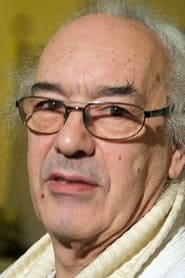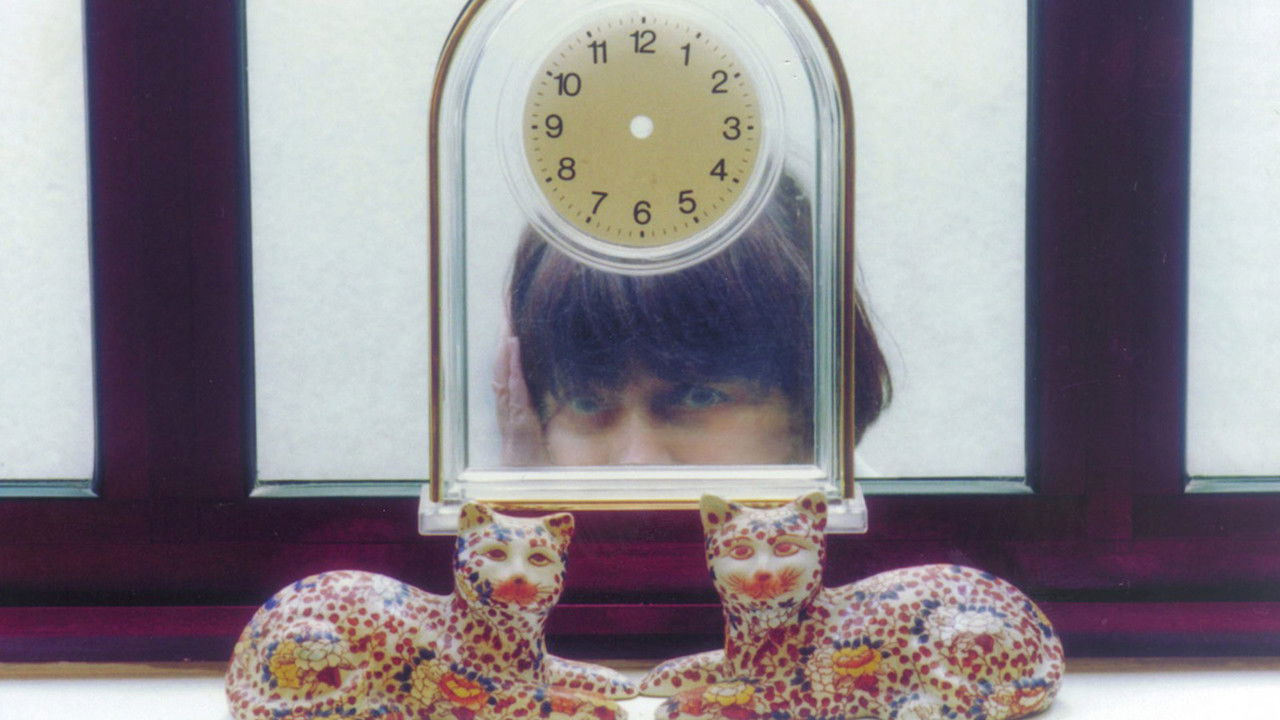
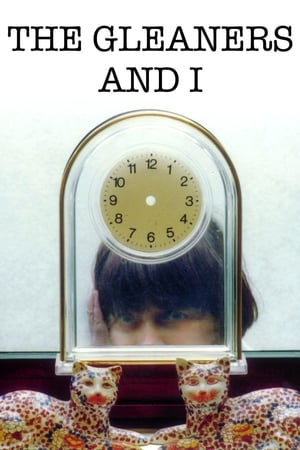
The Gleaners and I(2000)
Varda focuses her eye on gleaners: those who scour already-reaped fields for the odd potato or turnip. Her investigation leads from forgotten corners of the French countryside to off-hours at the green markets of Paris, following those who insist on finding a use for that which society has cast off, whether out of necessity or activism.

Movie: The Gleaners and I
Top 3 Billed Cast
Video Trailer The Gleaners and I
Recommendations Movies
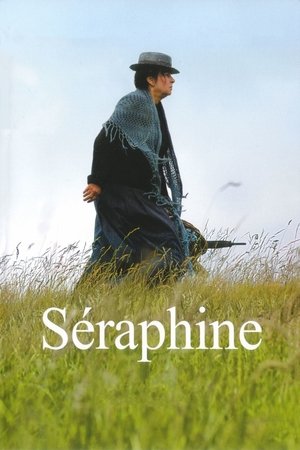 6.8
6.8Séraphine(fr)
The tragic story of French naïve painter Séraphine Louis aka Séraphine de Senlis (1864-1942), a humble servant who becomes a gifted self-taught painter. Discovered by prominent critic and collector William Uhde, she came to prominence between the wars grouped with other naïve painters like Henri Rouseau only to descend into madness and obscurity with the onset of the Great Depression and World War II.
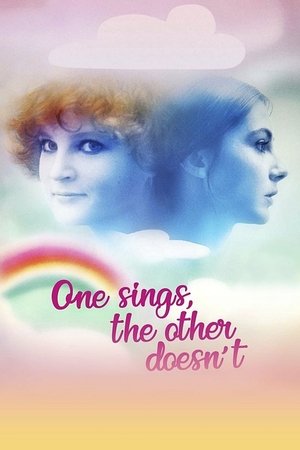 7.2
7.2One Sings, the Other Doesn't(fr)
The intertwined lives of two women in 1970s France, set against the progress of the women's movement in which Agnes Varda was involved. Pomme and Suzanne meet when Pomme helps Suzanne obtain an abortion after a third pregnancy which she cannot afford. They lose contact but meet again ten years later. Pomme has become an unconventional singer, Suzanne a serious community worker - despite the contrast they remain friends and share in the various dramas of each others' lives, in the process affirming their different female identities.
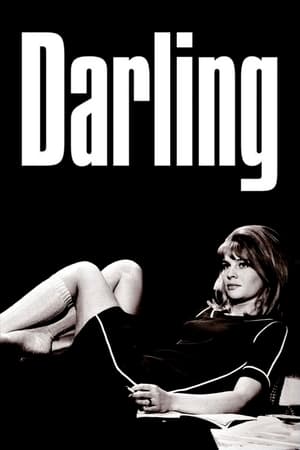 6.7
6.7Darling(en)
The swinging London, early sixties. Beautiful but shallow, Diana Scott is a professional advertising model, a failed actress, a vocationally bored woman, who toys with the affections of several men while gaining fame and fortune.
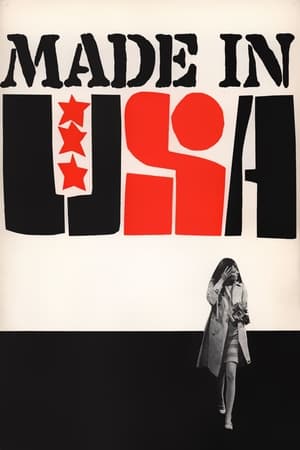 6.1
6.1Made in U.S.A(fr)
Paula Nelson goes to Atlantic City to meet her lover, Richard Politzer, but finds him dead and decides to investigate his death. In her hotel room, she meets Typhus, whom she ends up knocking out. His corpse is later found in the apartment of David Goodis, a writer. Paula is arrested and interrogated. From then on, she encounters many gangsters.
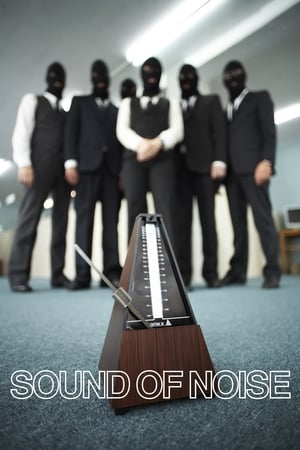 7.2
7.2Sound of Noise(sv)
A tone-deaf cop works to track down a group of guerilla percussionists whose anarchic public performances are terrorizing the city.
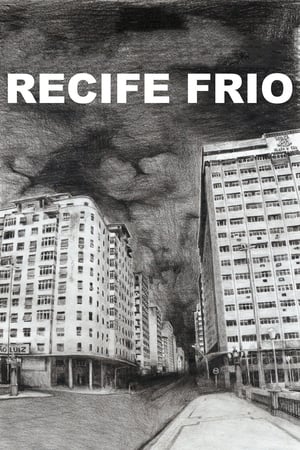 7.5
7.5Cold Tropics(pt)
In tropical Recife, in northeastern Brazil, temperatures drop to impossible lows and the inhabitants have to adapt. This 'mockumentary' gradually turns critical, looking at the climate, urban development and social interaction from every angle. Does a ray of sun pierce the clouds, after all?
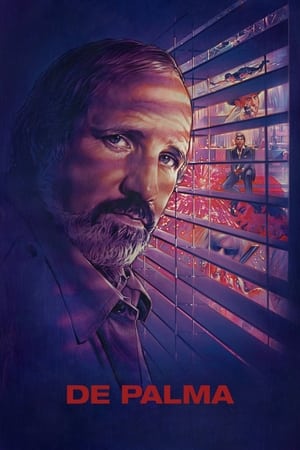 7.1
7.1De Palma(en)
An intimate conversation between filmmakers, chronicling De Palma’s 55-year career, his life, and his filmmaking process, with revealing anecdotes and, of course, a wealth of film clips.
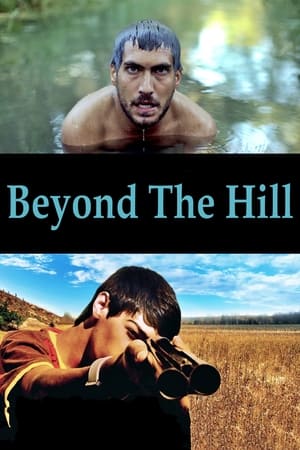 7.0
7.0Beyond the Hill(tr)
In the quiet foothills of Turkey, Faik lives an isolated existence. When his second son brings his boys for a visit, Faik takes the opportunity to pontificate about the law of the land, as he sees it. He shares one unsolicited thought after the next, most particularly focusing on the elusive nomads whom he suspects have been trespassing on his property. The day and night wear on, and each member of the clan takes his turn entrusting the film's audience with his own dark secret.
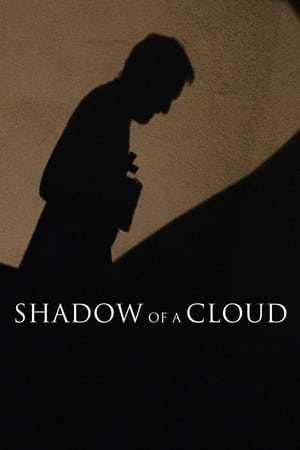 6.6
6.6Shadow of a Cloud(ro)
In a torrid summer day in Bucharest, the priest Florin Florescu is called to a dying woman's side for saying a prayer.
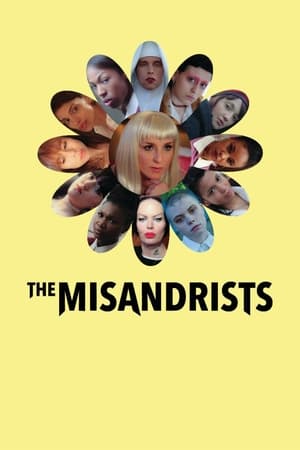 3.3
3.3The Misandrists(de)
In Ger(wo)many, when an army of radical females is preparing for a final revolution and a utopian world without men, a young male soldier arrives seeking refuge at the convent.
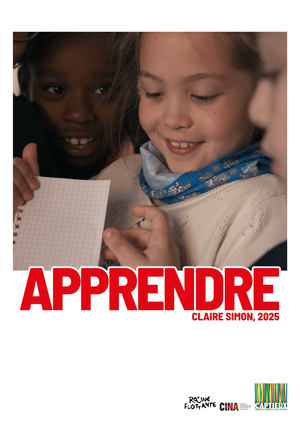 6.8
6.8Elementary(fr)
In the Makarenko public elementary school in the Paris outskirts, children want to learn and to be cheered while teachers know they do not only teach, they also educate. With care, tenacity and efforts, children are trained to become not only responsible citizens but also human beings.
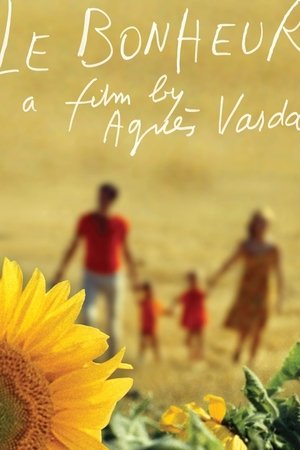 7.5
7.5Happiness(fr)
A young husband and father, perfectly content with his life, falls in love with another woman.
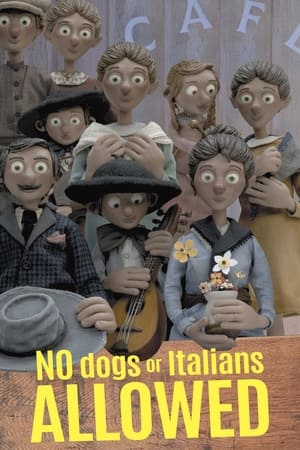 7.2
7.2No Dogs or Italians Allowed(fr)
Early 20th century, in the Ughetto family's home village, Ughettera, Northern Italy. Life in the region had become very difficult and the Ughettos dreamed of a better life abroad. Legend has it that Luigi Ughetto crossed the Alps and started a new life in France, thus changing his beloved family's destiny forever. His grandson retraces their story.
 6.9
6.9Orlando(en)
England, 1600. Queen Elizabeth I promises Orlando, a young nobleman obsessed with poetry, that she will grant him land and fortune if he agrees to satisfy a very particular request.
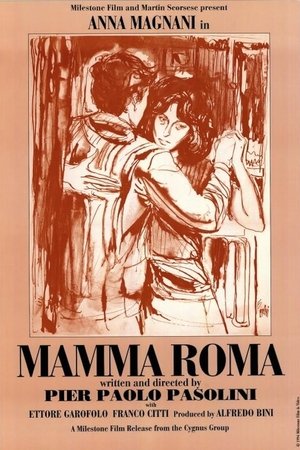 7.9
7.9Mamma Roma(it)
After years spent working as a prostitute in her Italian village, middle-aged Mamma Roma has saved enough money to buy herself a fruit stand so that she can have a respectable middle-class life and reestablish contact with the 16-year-old son she abandoned when he was an infant. But her former pimp threatens to expose her sordid past, and her troubled son seems destined to fall into a life of crime and violence.
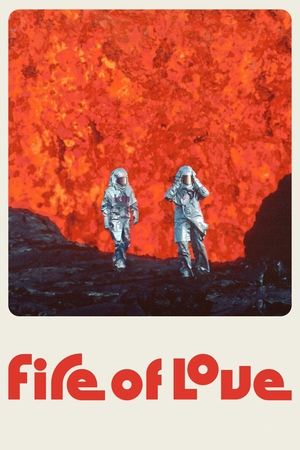 7.5
7.5Fire of Love(en)
A doomed love triangle between intrepid French scientists Katia and Maurice Krafft, and their beloved volcanoes.
 6.4
6.4Pumpkinhead(en)
When a group of teenagers inadvertently kill his only son, Ed Harley seeks the powers of a backwoods witch to bring the child back to life.
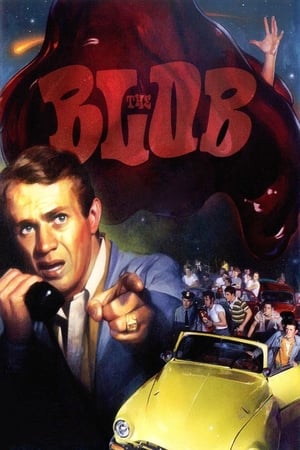 6.2
6.2The Blob(en)
A drive-in favorite, this sci-fi classic follows teenagers Steve and his best girl, Jane, as they try to protect their hometown from a gelatinous alien life form that engulfs everything it touches. The first to discover the substance and live to tell about it, Steve and Jane witness the blob destroying an elderly man, then it growing to a terrifying size. But no one else has seen the goo, and policeman Dave refuses to believe the kids without proof.
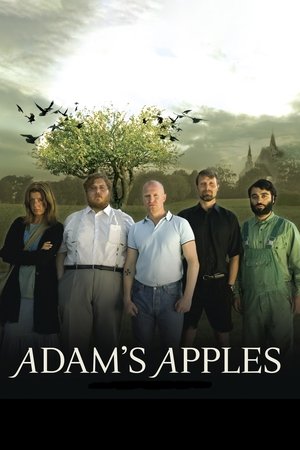 7.4
7.4Adam's Apples(da)
A neo-nazi sentenced to community service at a church clashes with the blindly devotional priest.
 7.2
7.2Forbidden Planet(en)
Starship C57D travels to planet Altair 4 in search of the crew of spaceship "Bellerophon," a scientific expedition that has been missing for twenty years. They find themselves unwelcome by the expedition's lone survivor and warned of destruction by an invisible force if they don't turn back immediately.
Similar Movies
 0.0
0.0Don't Lose Your Head(en)
Don't Lose Your Head was a DVD documentary concerning Doctor Who that was released on 28 January 2013.
 8.3
8.3The Occupation of the American Mind(en)
Over the past few years, Israel's ongoing military occupation of Palestinian territory and repeated invasions of the Gaza strip have triggered a fierce backlash against Israeli policies virtually everywhere in the world—except the United States. This documentary takes an eye-opening look at this critical exception, zeroing in on pro-Israel public relations efforts within the U.S.
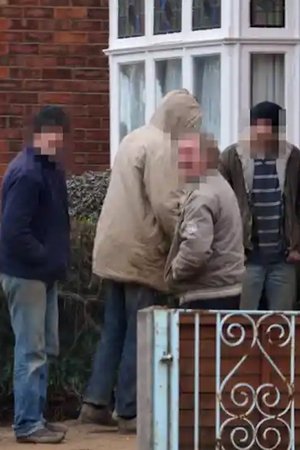 0.0
0.0Modern British Slavery(en)
Explores the rise of modern slavery in the UK, giving a portrait of the dark world of forced labor through the eyes of the people involved.
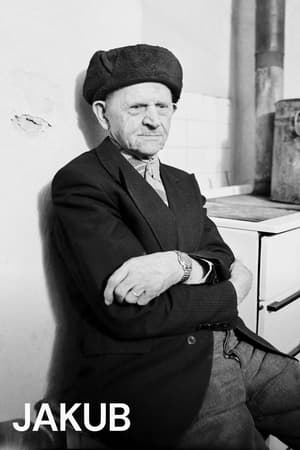 6.8
6.8Jakub(cs)
Jakub presents an extensive ethnographical-sociological study of the life of the Ruthenians, filmed in the Maramuresh mountains in the north of Romania and in the former Sudetenland in Western Bohemia. The film was made over a period of five years during the time of both totalitarian regimes and was completed in 1992 after the revolution.
 7.4
7.4Re-Births(fr)
A documentary film depicting five intimate portraits of migrants who fled their country of origin to seek refuge in France and find a space of freedom where they can fully experience their sexuality and their sexual identity: Giovanna, woman transgender of Colombian origin, Roman, Russian transgender man, Cate, Ugandan lesbian mother, Yi Chen, young Chinese gay man…
 0.0
0.0A Day in the Life of French Cinema(fr)
Documentary showing one day of work of over 90 actors and filmmakers from French cinema on the same day. On 27 March 2002, 27 teams filmed actors, directors, producers and technicians at work, from Hawaii to Paris and from New York to Lisbon.
Homo Cinematographicus(fr)
Homo Cinematographicus is a human species whose unit of measurement and point of reference is the cinema and its derivative, television. Filmed at the 1998 Cannes Film Festival, the film offers an unspecified number of statements, talking about memories and a thousand fragments of stories, titles and film scenes, the warp of a gigantic collective Chanson de geste.
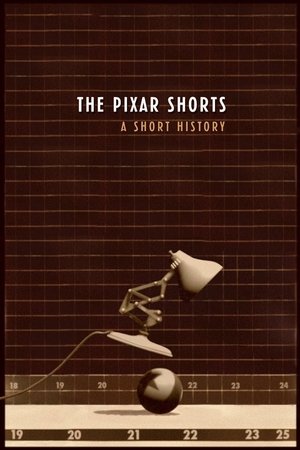 7.6
7.6The Pixar Shorts: A Short History(en)
The story of Pixar's early short films illuminates not only the evolution of the company but also the early days of computer animation, when a small group of artists and scientists shared a single computer in a hallway, and struggled to create emotionally compelling short films.
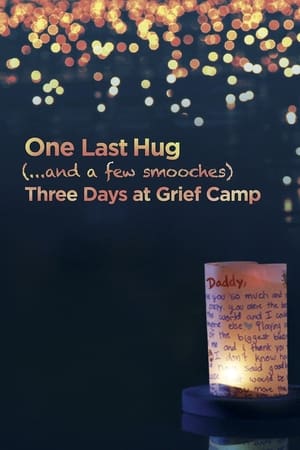 6.8
6.8One Last Hug(en)
"One Last Hug" chronicles a three day summer camp for children learning to cope with the death of a loved one. With the guidance of trained professionals, grieving children as young as seven years old learn that their feelings are normal, and that by talking about them they can begin to heal. A testament to the healing power of shared sorrow, One Last Hug shows the often-unseen and particular experience of children's grief.
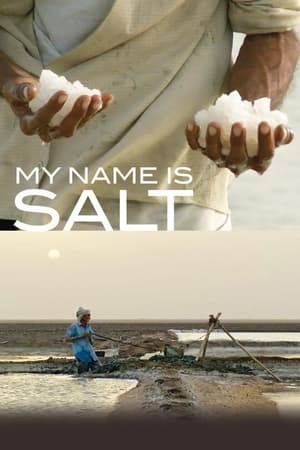 6.9
6.9My Name Is Salt(en)
Year after year, just after the monsoon season has finished, thousands of families travel to a bleak desert in Gujerat, India, where they will stay for an endless eight months and extract salt from the earth, using the same painstaking, manual techniques as generations before them. Director Farida Pacha spent a season with one of these families, observing the very particular rhythms of their lives.
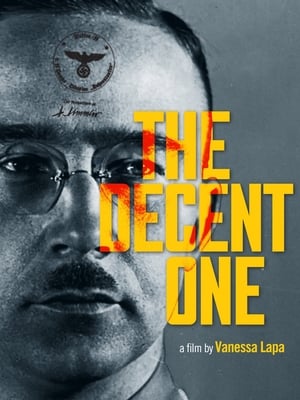 6.4
6.4The Decent One(de)
Through previously undiscovered private letters, photos and diaries that were found in the Himmler family house in 1945, the "The Decent One" exposes a unique and at times uncomfortable access to the life and mind of the merciless "Architect of the Final Solution" Heinrich Himmler.
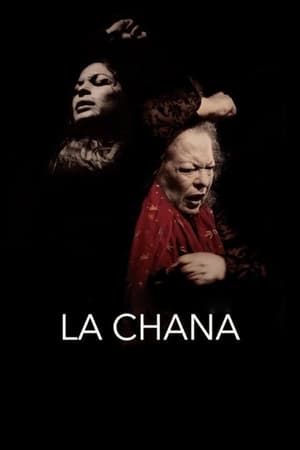 6.3
6.3La Chana(es)
The film brings us under the skin and into the mind of La Chana, a talented Gypsy flamenco dancer as she returns to the stage to give a final seated performance after a 30-year break. Along the way, La Chana reveals the secret behind her disappearance when she was at the peak of her career.
 7.1
7.1Iverson(en)
Iverson is the ultimate legacy of NBA legend Allen Iverson, who rose from a childhood of crushing poverty in Hampton, Virginia, to become an 11-time NBA All-Star and universally recognized icon of his sport. Off the court, his audacious rejection of conservative NBA convention and unapologetic embrace of hip hop culture sent shockwaves throughout the league and influenced an entire generation. Told largely in Iverson's own words, the film charts the career highs and lows of one of the most distinctive and accomplished figures the sport of basketball has ever seen.
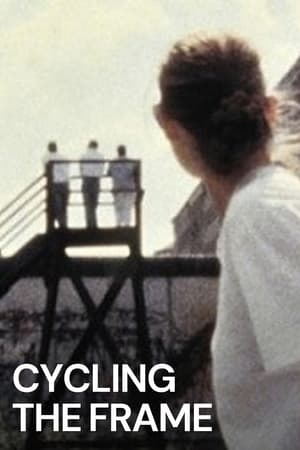 6.9
6.9Cycling the Frame(en)
In 1988, Tilda Swinton toured round the Berlin Wall on a bicycle - starting and ending at the Brandenburg Gate - accompanied by filmmaker Cynthia Beatt. As Swinton travels through fields and historic neighborhoods, past lakes and massive concrete apartment buildings, the Wall is a constant presence.
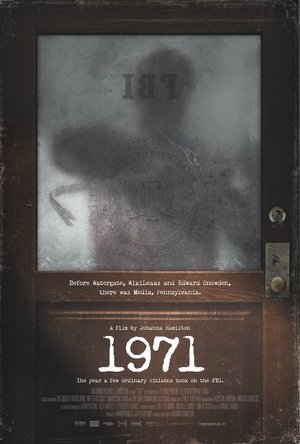 6.7
6.71971(en)
Forty years before WikiLeaks and the NSA scandal, there was Media, Pennsylvania. In 1971, eight activists plotted an intricate break-in to the local FBI offices to leak stolen documents and expose the illegal surveillance of ordinary Americans in an era of anti-war activism. In this riveting heist story, the perpetrators reveal themselves for the first time, reflecting on their actions and raising broader questions surrounding security leaks in activism today.
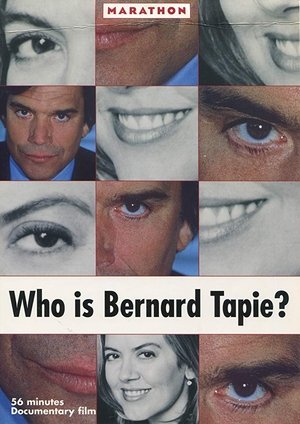 3.5
3.5Who Is Bernard Tapie?(en)
This documentary tells two stories simultaneously: it's a profile of Bernard Tapie, a wealthy man who rises and falls spectacularly in French society and may be on the rise again; and, it's a look at Marina Zenovich's fascination with Tapie, behaving oddly in spite of her awareness that she's being irrational. Politicians, athletes, friends, companions, and journalists comment on Bernard's charm, his rise to prominence in sports and politics, and his subsequent trouble with the law. Zenovich becomes fixated on her need to interview Tapie, becoming virtually a stalker in her quest.
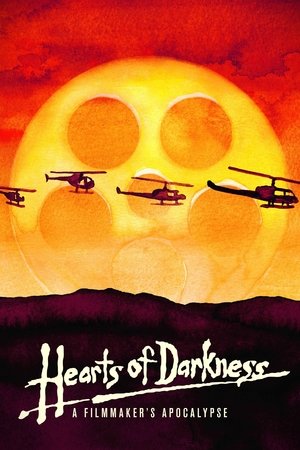 7.9
7.9Hearts of Darkness: A Filmmaker's Apocalypse(en)
A chronicle of the production problems — including bad weather, actors' health, war near the filming locations, and more — which plagued the filming of Apocalypse Now, increasing costs and nearly destroying the life and career of Francis Ford Coppola.
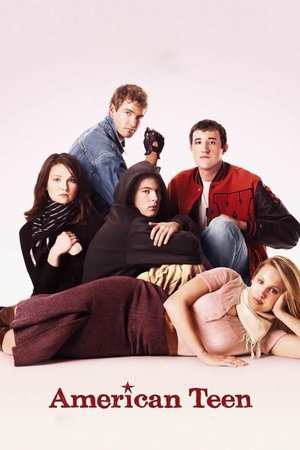 6.4
6.4American Teen(en)
A documentary on seniors at a high school in a small Indiana town and their various cliques.
 6.3
6.3Air Guitar Nation(en)
If your bedroom has become too small a stage for your air guitar antics, take inspiration from the competitors featured here as they battle their way from the inaugural U.S. Air Guitar Championship to the world championship in Oulu, Finland. Along the way, filmmaker Alexandra Lipsitz documents the fierce rivalries that develop as would-be rock legends vie for top honors in technical accuracy, stage presence and "airness."
 0.0
0.0Last Days of Life(sv)
An end-of-life hospice opens its doors in this intimate documentary, revealing moments of joy and tenderness between staff, residents and loved ones.

